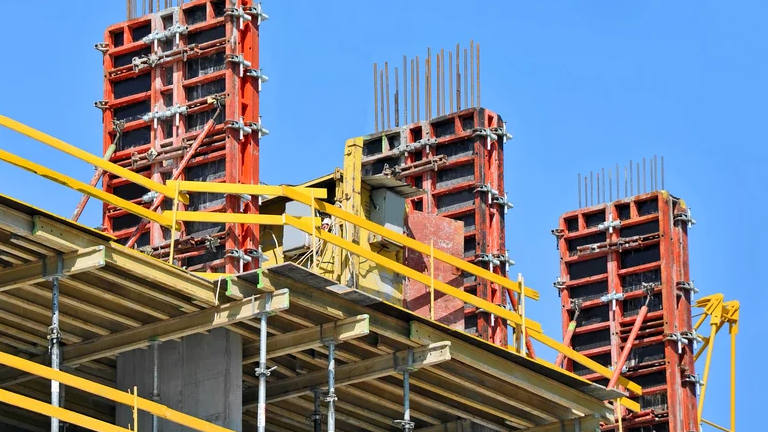
ADTO News
Choosing the Right Formwork System for Your Project
Selecting the appropriate formwork system is a key decision that affects construction speed, concrete quality, labor efficiency, and overall project cost. With modern building designs becoming more complex, the choice of formwork has expanded far beyond traditional timber to include aluminum, steel, and modular systems. Understanding their differences helps project teams make practical, cost-effective decisions that support smooth operations on-site.

Clarifying Project Requirements
Before comparing formwork systems, it’s essential to define the project’s structural needs. Consider the following factors:
Type of structure — walls, slabs, columns, or complex architectural elements
Required surface finish — whether a smooth architectural finish is needed
Repetitive casting cycles — how often the formwork will be reused
Load-bearing requirements — especially for high-rise or large-span structures
A clear understanding of these conditions guides the selection process and helps avoid mismatched systems that slow down concrete operations.
Evaluating Formwork Material Options
Different materials offer distinct performance advantages, and the right choice depends on durability, handling, and project scale.
Timber Formwork
Timber is flexible and easy to shape, making it ideal for custom or irregular structures. However, it has a shorter lifespan and requires more manual labor, limiting efficiency on large projects.
Steel Formwork
Steel formwork delivers excellent strength, dimensional accuracy, and repeated reuse value. It’s commonly used in high-rise, infrastructure, and industrial applications where consistency is crucial. Its heavier weight requires lifting equipment, making it more suitable for large-scale projects with adequate machinery.
Aluminum Formwork
Lightweight and reusable, aluminum formwork is ideal for projects requiring rapid installation cycles, such as residential buildings or repetitive floor plans. Its smooth finish reduces the need for post-pouring treatment, improving efficiency.
Modular Formwork Systems
Modern modular systems combine steel or aluminum panels with standardized connectors, allowing fast assembly and reduced labor intensity. Their adaptability makes them popular on complex or multi-phase projects where speed and precision are essential.
Assessing Labor and Installation Efficiency
Labor availability and skill level directly impact formwork performance. Some systems require specialized training, while others support quick assembly with simple locking mechanisms. Modular and aluminum systems typically reduce manpower needs, making them suitable for projects where speed and labor efficiency are priorities.
Considering Cost and Long-Term Value
The cheapest option is not always the most economical. When comparing costs, consider:
Reuse cycles
Maintenance requirements
Transport and storage needs
Effect on project timeline
For long-term or high-volume projects, durable systems like steel or modular formwork offer better value because they withstand multiple pours and maintain precision over time.
Ensuring Safety and Compliance
Safety should be central to any formwork decision. A suitable system must:
Support required loads without deformation
Include secure connections and anchoring points
Comply with local and international construction standards
Offer stable platforms for workers during pouring and finishing
Reliable systems reduce the risk of failure and ensure smooth, uninterrupted workflow.
Conclusion
Selecting the right formwork system requires balancing durability, efficiency, safety, and project-specific needs. By evaluating structure requirements, comparing material options, and considering long-term value, construction teams can choose solutions that enhance productivity and maintain consistent concrete quality across every phase.
For dependable formwork and construction support solutions trusted by professionals worldwide, many builders choose adtomall for its commitment to quality and reliability。


 Live Chat
Live Chat
